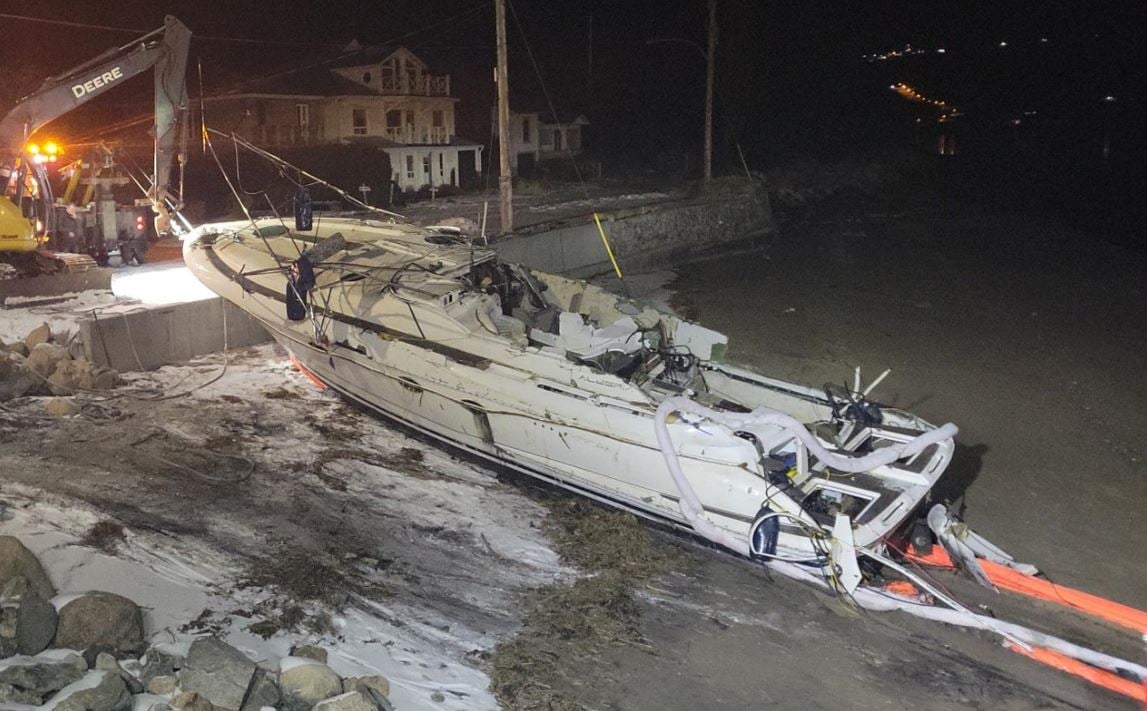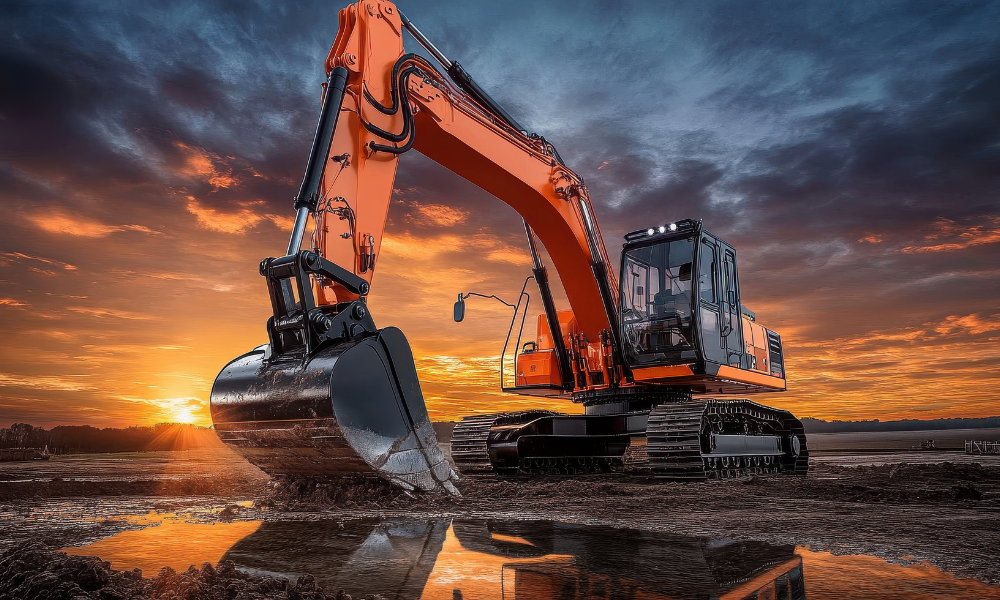Right to refuse, harassment top of mind

On Friday morning, MySafeWork hosted a live stream event to encourage young people to be courageous and speak up in the name of safety.
“Workplace safety might be a topic you haven’t thought about before, after all, we don’t really talk about it, but it’s a major issue and it’s one that can change your life in an instant,” said HGTV’s Bryan Baeumler, who moderated the event in Toronto. “Today I want you to know it’s not hopeless. Your future is bright. A new generation of workers can stand up and say ‘Enough is enough. Even one workplace injury is too many.'”
Young people in the live studio audience and those tuning in from around the country asked questions of a panel of safety experts. Here are some of the questions and answers:
Question: How do I know if a workplace is safe prior to or during an interview?
Answer: Before you go to an interview, research that company. Look at different places online and check their website to see if they mention safety. If you know someone who works there, ask about the company’s safety practices. Try to look at job sites to see if they are kept clean. Check to see if the company has a Certificate of Recognition, which is a good measure of construction companies.
Once you get to the interview, look around to see if they have health and safety posters or policies up on the wall. If they don’t mention health and safety at all in an interview, then it’s time to speak up and ask questions about their training and orientation. If the company is evading those questions, then it’s time to move on.
— Dawn Tattle, former president of Anchor Shoring & Caissons.
Question: If I want to refuse unsafe work but I am afraid my boss will fire me, what should I do?
Answer: There are innumerable laws that protect employees. I really need you to understand that you have the right to refuse unsafe work, you have the right to participate in your workplace in challenging and finding solutions for unsafe practices and you have the very simple right of asking what are the hazards in my job and how do I protect myself. You need to have the courage to ask those questions. Frankly, you’ll probably create a fantastic dialogue. But it might create a big stir and a big conversation — but it could save somebody’s life.
— Kim Boyle, senior vice-president of people and safety at Alectra Utilities
Question: I have a family member who works at an unsafe job. What can I do?
Answer: It’s really important you speak to that family member and encourage them to be courageous and speak up. Encourage them to ask questions about orientation, ask what type of safety practices they have, ask for more training. It’s very important that person stands up and as a family member, it’s your duty to tell them about your concerns.
— Josh LeBrun, president and COO of eCompliance
Some young people possibly know a little bit more about this already than the family member you are concerned about. A lot of adults have been in the workplace for a long time and have come to take certain things for granted. Any orientation they may have received might have been years or decades ago; you might be bringing a fresh perspective and challenging the adults in your family and say ‘Wait a second. If I am being courageous and challenging and asking questions why can’t you?
— Boyle
We get this question everywhere we go. Some young people go to bed at night and worry about whether or not their parent will come home tomorrow or with all their limbs. When youth have knowledge about workplace safety, they need to share that knowledge with their family. Knowledge changes the world. If we do nothing and keep it to ourselves, then the world stays the same.
—Jessica DiSabatino, vice-president of MySafeWork
Question: Is harassment considered a workplace safety issue and what should I do if I am being harassed at work?
Answer: I want to say emphatically that if you’re being harassed at work, this is a workplace safety issue. If your employer is harassing you, the most courageous thing you can do is put your hand up and say ‘This is not acceptable.’ You’re not just saying that for you; you’re saying that for the 20 to 30 people who will work in this job after you. There are a hundred companies looking for a young person like that, who would be able to square their shoulders back, lift their chin up and say ‘I am worth more than just a paycheque.’ That’s the kind of employee employers are looking for.
— DiSabatino
Harassment may not be something we all understand fully. Let me bring it to a place you all understand: bullying. Translate that into the workplace. There’s not a lot of difference. So someone who is giving you an undo hard time, mocking you, pressuring you, making fun of any aspect of your appearance, speech patterns, heritage, those are unacceptable behaviours and practices in the workplace. If you can be brave enough to stand up and say ‘This is not cool. I don’t accept this, I don’t want to work in this environment,’ you won’t be the only one. I can guarantee if someone is acting that way to you, they are acting that way to others.
— Boyle
Question: I have been in a job for one month and I have received little or no safety training. What should I do?
Answer: You should have received training on all the safety issues, hazards and how to protect yourself right up front. If you have been there for a month and have not received that, it’s time to ask. That’s another example of a courageous conversation. It's time to ask because there’s probably a risk waiting for you around the corner.
— Boyle
If you have been there a month and you haven’t gotten orientation or training, you’re probably not going to get it. If you bring it up and there’s no response, it’s probably a good time to write your first resignation letter.
— DiSabatino





